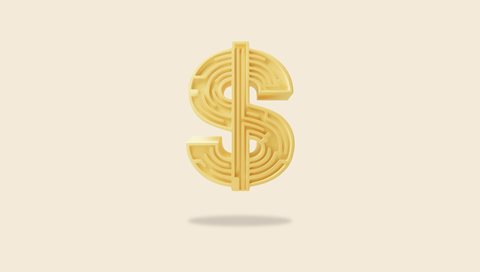Is super paid on overtime?



Starting out
Super for casual and part time employees
You might be working fewer hours than full-timers but that doesn’t mean you should forget about your super.


Unexpected events
Unpaid super
Read about what you can do if you have unpaid super, when employers need to pay your super, and the Super Guarantee charge for unpaid super.


General
Is Superannuation Taxed?
Read about how different types of super contributions are taxed, as well as the tax implications of withdrawing your super and receiving death benefits.
